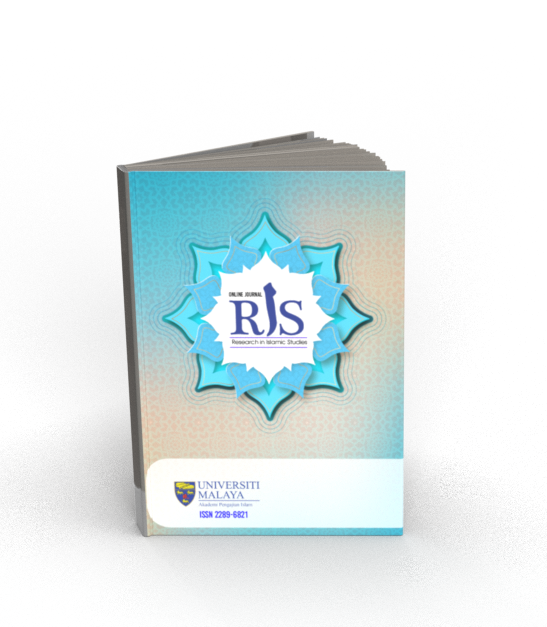Main Article Content
Abstract
Banking murābaḥah is one of the most popular and commonly offered financing product in Islamic banks and windows. It was introduced as a legitimate alternative for customers who wish to enter into Sharīʻah-compliant transactions that are interest-free. Despite its wide use, several contentious issues were observed in relation to its application. Therefore, this study attempts to present the Sharīʻah viewpoint of the banking murābaḥah product in terms of its concept and conditions, followed by highlighting the opinions and evidence of contemporary jurists. The study will also discuss and critically analyze the most contentious Sharīʻah issues related to the application of banking murābaḥah, such as the use of binding promise, delay penalties, and interest-based benchmark for determining the profit. This will be followed by focusing on the practical aspects of the banking murābaḥah product applied in Al-Salam Bank in Algeria. The study concludes by suggesting several Sharīʻah solutions and alternatives to ensure the sound application of the product. The study reaches the conclusion that banking murābaḥah is an innovative and contemporary product that is permissible subject to certain conditions, among which is the avoidance of relying on a binding promise, whether unilateral or bilateral, rather it should be executed on the basis of conditional option between the bank and the customer to complete the transaction or cancel it. The non-binding nature of the transaction makes it free from the suspicion of usury, and in compliance with the requirement of consent, which is a condition for the validity of the sale.
Keywords
Article Details
Copyright (c) 2022 Online Journal of Research in Islamic Studies

This work is licensed under a Creative Commons Attribution-NonCommercial-ShareAlike 4.0 International License.
Copyright Notice
By submitting manuscripts to the Online Journal of Research in Islamic Studies (RIS), authors agree to transfer copyright to the journal. However, authors may republish their work or grant others permission to republish it; in which case it should be accompanied by a proper acknowledgment that the work was originally published in the Online Journal of Research in Islamic Studies (RIS). The journal adopt CC-BY-NC licence which authors may also share and distribute their article anywhere of non-commercial website, social media and repositories immediately on publication.
Authors may also reuse the Abstract and Citation information (e.g. Title, Author name, Publication dates) of their article anywhere at any time including social media such as Facebook, blogs and Twitter, providing that where possible a link is included back to the article on the journal site.
